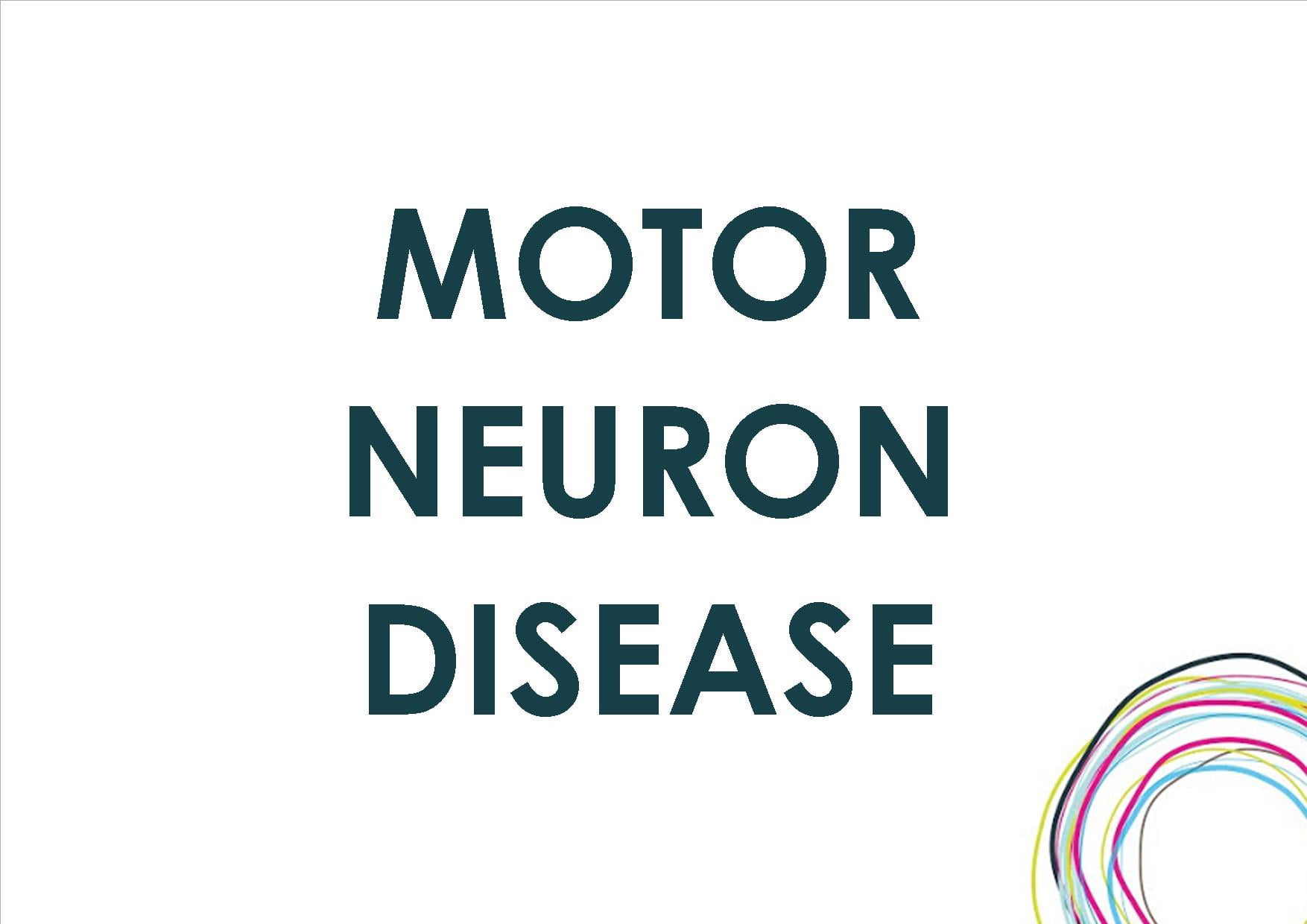Researchers have discovered a new mechanism leading to the altered functioning of nerve cells in motor neuron disease (MND) that could lead to new treatment approaches for one common form of the disease.
While investigating a mutation in a particular gene that causes sections of DNA to inexplicably replicate within cells, the research team found a way to prevent RNA carrying the replicated sequences from leaving the cell’s nucleus and causing cell death. This mutation in a gene called C9ORF72 is responsible for the most common type of MND: amyotrophic lateral sclerosis ALS, or Lou Gehrig’s disease. It accounts for about 40-50 per cent of inherited cases and 10 per cent of all MND cases. The mutations or environmental factors causing the vast majority of MND cases remain unknown.
In ALS, the RNA not only contains unnecessary replicated sequences, it is able to take them out of nucleus and into the cell’s cytoplasm. Once in the cytoplasm, the RNA is used to make up repeated proteins that clump together and block the normal function of the cell, causing it to die.
In a study published in Nature Communications, researchers pinpointed a protein called SRSF1 which binds to the pathological repeated RNA molecules and transports them out of the cell centre, effectively overriding the gatekeeping machinery within the nucleus by opening a back door.
The team have shown that by targeting the SRSF1 protein, it is possible to reduce the amount of rogue RNA escaping into the cell’s cytoplasm. They have been investigating ways to reduce the levels of SRSF1 in the cell, or to alter its makeup so that it is unable to interact with the cell’s export machinery, reducing the amount of rogue RNA molecules to escape into the cell’s cytoplasm.
These methods have been successfully tested in the laboratory in nerve cells reprogrammed from patient’s skins and in a fruitfly model of disease. New in vivo tests in mice, the closest model to human disease, are planned to start later this year.
Paper: « SRSF1-dependent nuclear export inhibition of C9ORF72 repeat transcripts prevents neurodegeneration and associated motor deficits »
Reprinted from materials provided by University of Sheffield.

